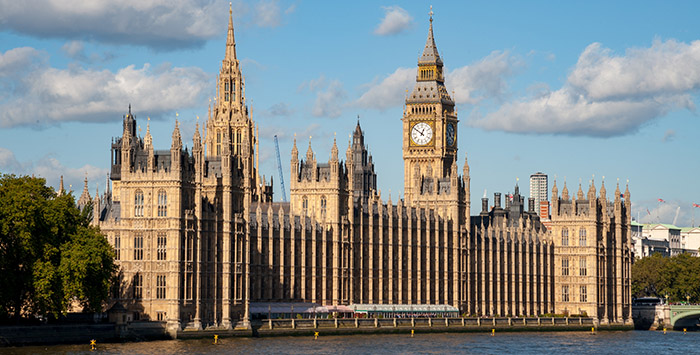The British Veterinary Association (BVA) has called on the government to keep animal welfare high on the agenda during the next Parliament.
With no explicit mention of animal health and welfare measures or legislation in the full text of the Queen’s Speech, the BVA said that background briefings have set out plans to reward farmers for animal welfare as a public good (Agriculture Bill), to ensure animals are recognised as sentient beings, and to end excessively long journeys for slaughter and fattening.
BVA has been at the forefront of the campaign for animal sentience to be enshrined in UK legislation, meaning that animals are recognised in domestic law as sentient beings, and that the welfare of sentient animals is taken into consideration in Government policy-making.
BVA president Daniella Dos Santos said:“We welcome the strong commitment to introducing legislation to recognise animal sentience. This measure was backed by all major political parties during the General Election and has strong support within the veterinary profession and wider animal welfare community.
“The Prime Minister talked a lot about improving animal welfare standards during the General Election campaign and it’s essential that the government keeps these issues high on the agenda.
“We will be working closely with MPs and Peers to shape the Agriculture and Trade Bills to make sure the UK’s high animal health and welfare standards are maintained and strengthened after Brexit.”
The Food & Drink Federation (FDF) highlighted that UK food and drink manufacturers purchase the majority of the country’s agricultural output.
FDF’s chief executive, Ian Wright CBE said: “We will work closely with our friends in the NFU on the UK’s future food and agriculture policy. The UK’s nearly 8000 food and drink manufacturers must have access to adequate supplies of raw materials that are safe, of high quality and competitively priced.
“We are committed to reducing our own environmental impacts and to working with others to increase resource efficiency and help protect natural capital across the whole food supply chain. We believe that sustainable and globally competitive food production, which looks at the supply chain as a whole, should be the key objective to replace the EU’s Common Agricultural Policy (CAP).”




